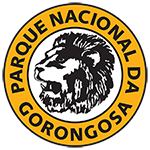Paleo-Primate Project
Paleo-Primate Project
Gorongosa National Park is an auspicious site within which to investigate primate evolution, both past and present, and uncover missing pieces in the puzzle of human origins. Lying at a strategic location representing the last unstudied link in the great African Rift that runs across eastern Africa, wherein lie the “cradles of humankind”, Gorongosa bears new fossil sites and provides astounding ecological diversity as a setting within which to study extant and fossil primates. Through adopting a uniquely interdisciplinary approach, the Paleo-Primate Project seeks to shed light on the origins and evolutionary success of the human lineage. This is the first project in human evolution where primatologists, palaeontologists, geologists, archaeologists, and ecologists work daily side-by-side, collecting data that converge on an overarching goal.
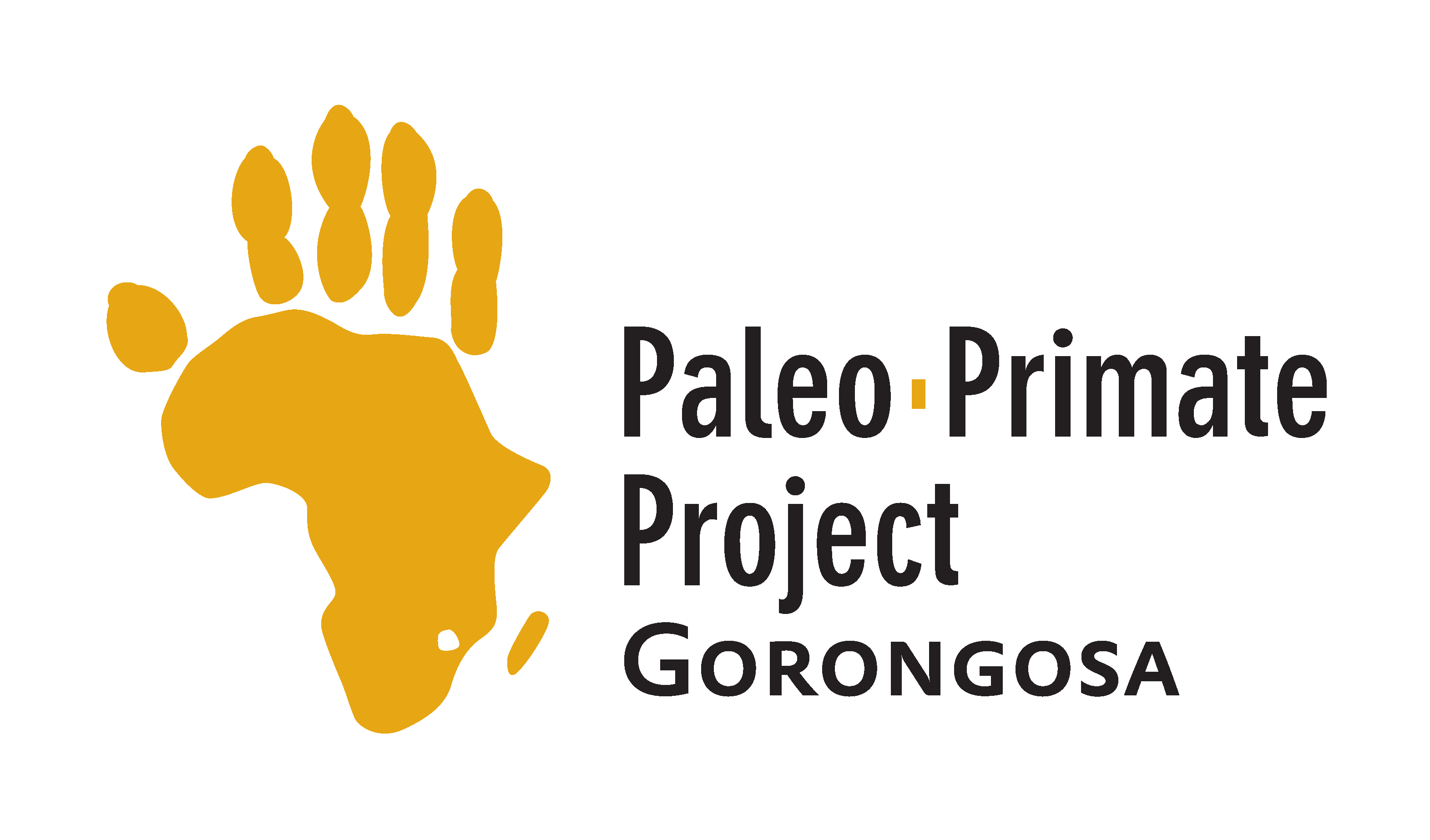

The Paleo-Primate Project is led by Dr Susana Carvalho who works for the Department of Scientific Services as the Director for Paleoanthropology and Primatology at Gorongosa National Park and is a Researcher Coordinator at ICArEHB (Interdisciplinary Center for Archaeology and the Evolution of Human Behaviour), coordinating the Primate Models for Hominin Evolution research theme. Dr Carvalho is also an affiliate Researcher at the School of Anthropology and Museum Ethnography, University of Oxford, and in Gorongosa she is leading an international, interdisciplinary team of over 30 distinguished scholars from the fields of geology, speleology, palaeontology, palaeobotany, archaeology, primatology, genetics, and conservation biology, representing institutions from 14 countries and 5 continents.
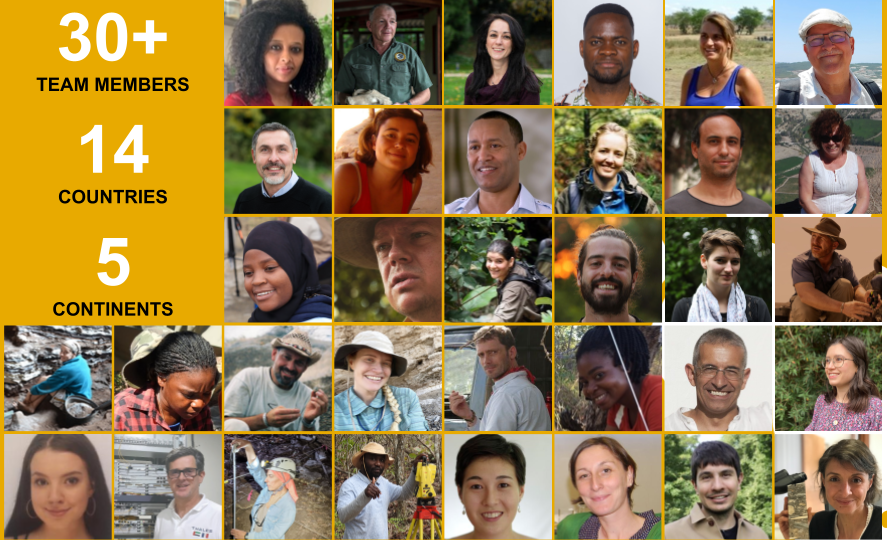
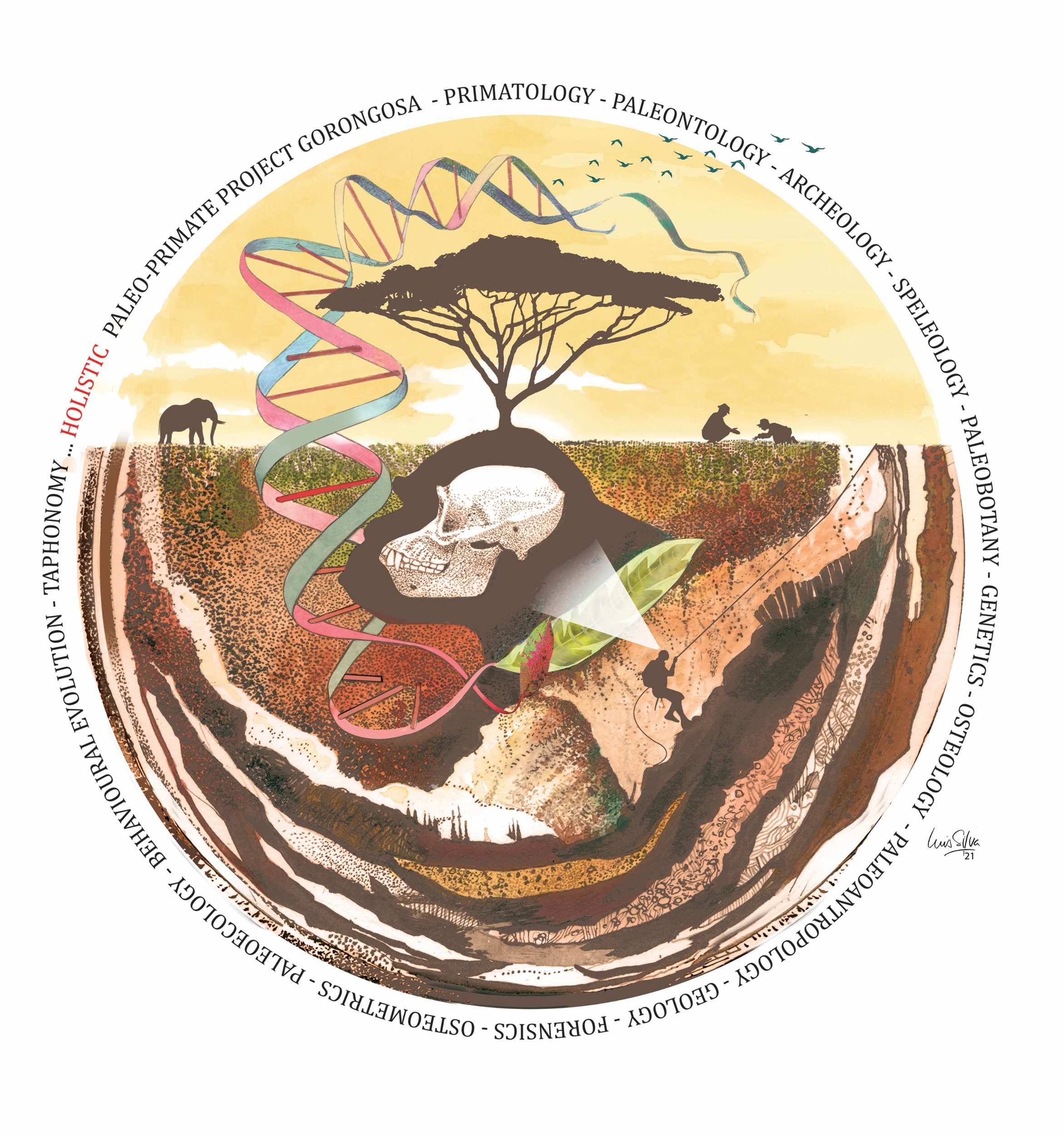
Dr Carvalho and her team have identified multiple promising fossil sites in Gorongosa National Park and embarked on what could be a multi-decade exploration and research endeavour which aims to yield new insights about when and how our earliest human ancestors evolved in Africa, the environments which they inhabited and traversed, and the fauna and flora which they interacted with and evolved alongside. Following investigations involving extensive surveys and the use of new approaches in the search of paleontological sites, the team have discovered new fossil sites in Gorongosa National Park and unearthed the first Miocene fossils from coastal woodlands in the southern East African Rift. The Miocene epoch extends from approximately 23 to 5.3 million years ago – a key time in the evolution of African ecosystems which witnessed the origin of the African apes. The Miocene fossil sites described so far in Gorongosa have yielded an exceptional assemblage of marine and terrestrial fossil species, pointing to a unique combination of fauna and flora known at no other sites along the East African Rift System. These discoveries and continued excavations and investigations by the team are opening an entirely new vista on a region of Africa that, until recently, had remained paleontologically unknown and which holds great potential for uncovering evidence of the last common ancestor of humans and African apes, and increasing our understanding of the evolution of African mammals more broadly.
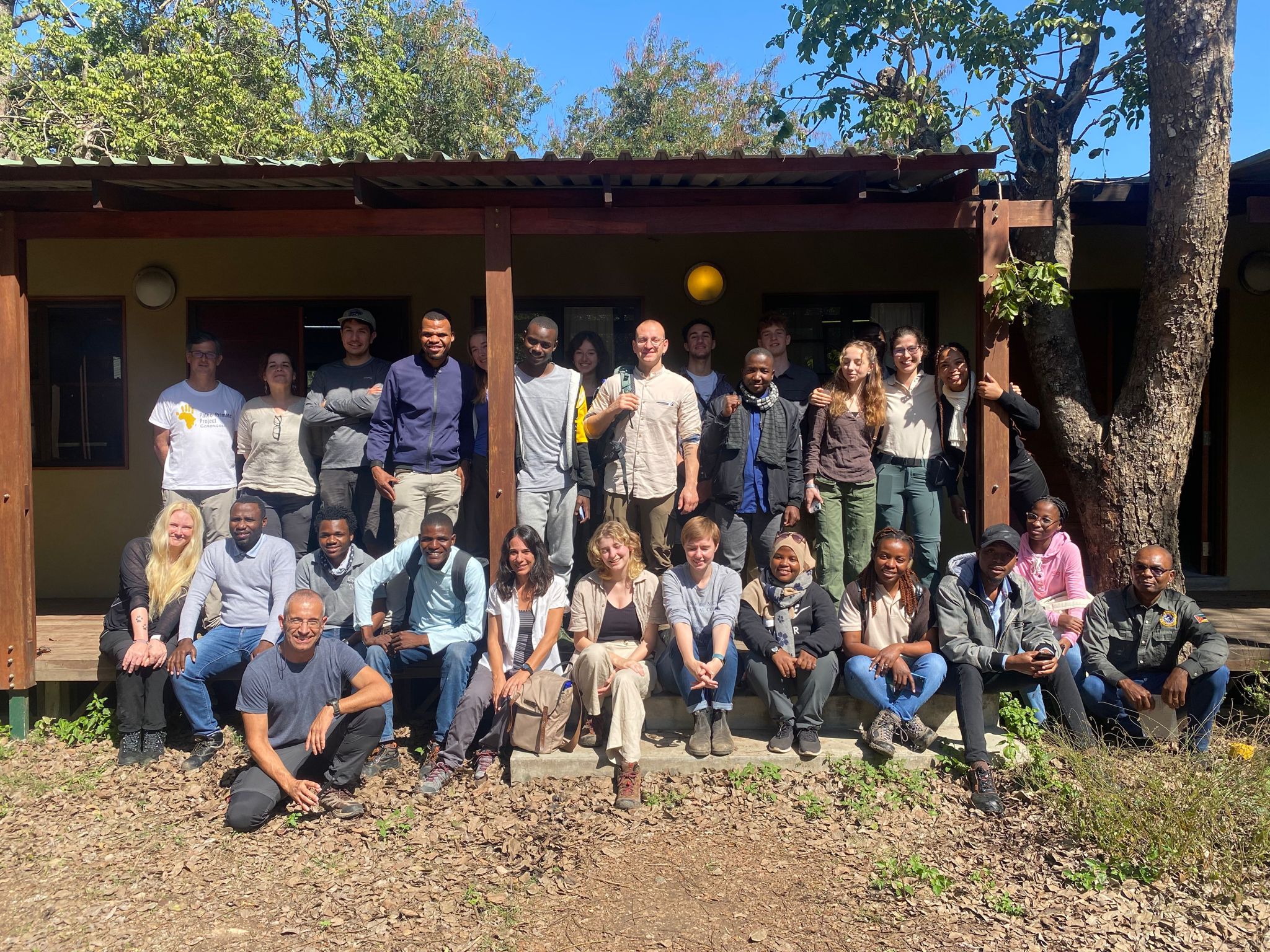
Another powerful branch of this unique multidisciplinary project is the focus on studying the unique, modern ecology of the park to develop a better understanding of the environments where early humans evolved and the adaptations that enabled our ancestors to succeed. Among the animals found living in Gorongosa today are five species of non-human primates, including an exceptionally high-density of baboons – the most widely distributed African primates. By studying these modern primates that are adapted to living in complex environments and the behavioural adaptations that have allowed them to thrive in the Gorongosa ecosystem, we may model how, in the past, our human ancestors may have prospered in similar habitats. In her previous position as Professor of Palaeoanthropology at the University of Oxford, Dr Carvalho coordinated the Primate Models for Behavioural Evolution Lab within the Institute of Human Sciences, supervising six doctoral students and one post-doctoral researcher – on prestigious scholarships/fellowships, including the University of Oxford Clarendon Fund, ESRC, AHRC, and the Leverhulme Trust – who carried out the first primatological projects in Gorongosa. Their research focussed on diverse topics from the evolution of culture, to the effect of predation pressure on primate adaptations and decision making, as well as communication and leave-taking behaviour. These primatological studies offer a fascinating insight into the ecology of Gorongosa’s modern primate populations and serve as a valuable model for reconstructing human behavioural evolution, providing another lens through which to investigate the most pressing questions in the field of human evolution.
From its onset, the Paleo-Primate Project has recognised the importance of nurturing mentorship opportunities for the next generation of researchers. In 2018, in collaboration with Gorongosa National Park and the University of Oxford, the Paleo-Primate Project launched the Oxford-Gorongosa Paleo-Primate Field School, the only field school in the African continent providing interdisciplinary training in paleoanthropology, primatology, and ecology. The field school, now run in partnership with ICArEHB under the name of the Gorongosa Interdisciplinary Field School in Human Evolution, takes place annually and at least 50% of its participants are selected from Mozambican universities, including Universidade Eduardo Mondlane. Past field school students have gone on to complete undergraduate and postgraduate dissertations under the supervision of Dr Carvalho using data they collected during their time in Gorongosa National Park. Among the field school’s alumni is Rassina Farassi, a Mozambican student who studied object manipulation and play behaviour in the Gorongosa baboons, who has since earned a Master’s degree in primatology and now plays a key role in the Paleo-Primate Project, continuing her primatology work and mentoring Mozambique’s next generation of researchers.
To keep up to date with the work of the Paleo-Primate Project, sign up to our newsletter by clicking here. For information regarding postgraduate mentorship, research opportunities, or the Gorongosa Interdisciplinary Field School in Human Evolution, please contact Dr Carvalho at susana.carvalho@gorongosa.net.
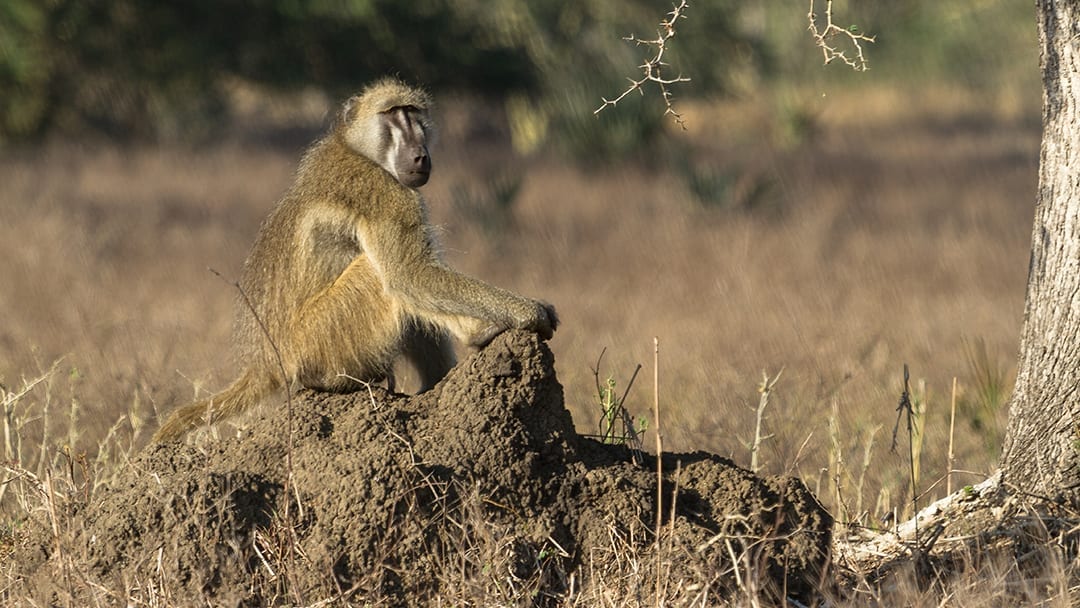
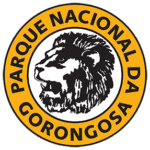

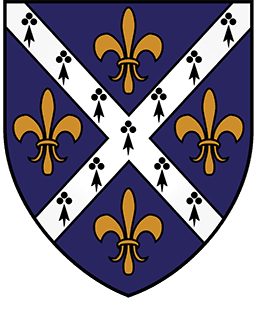
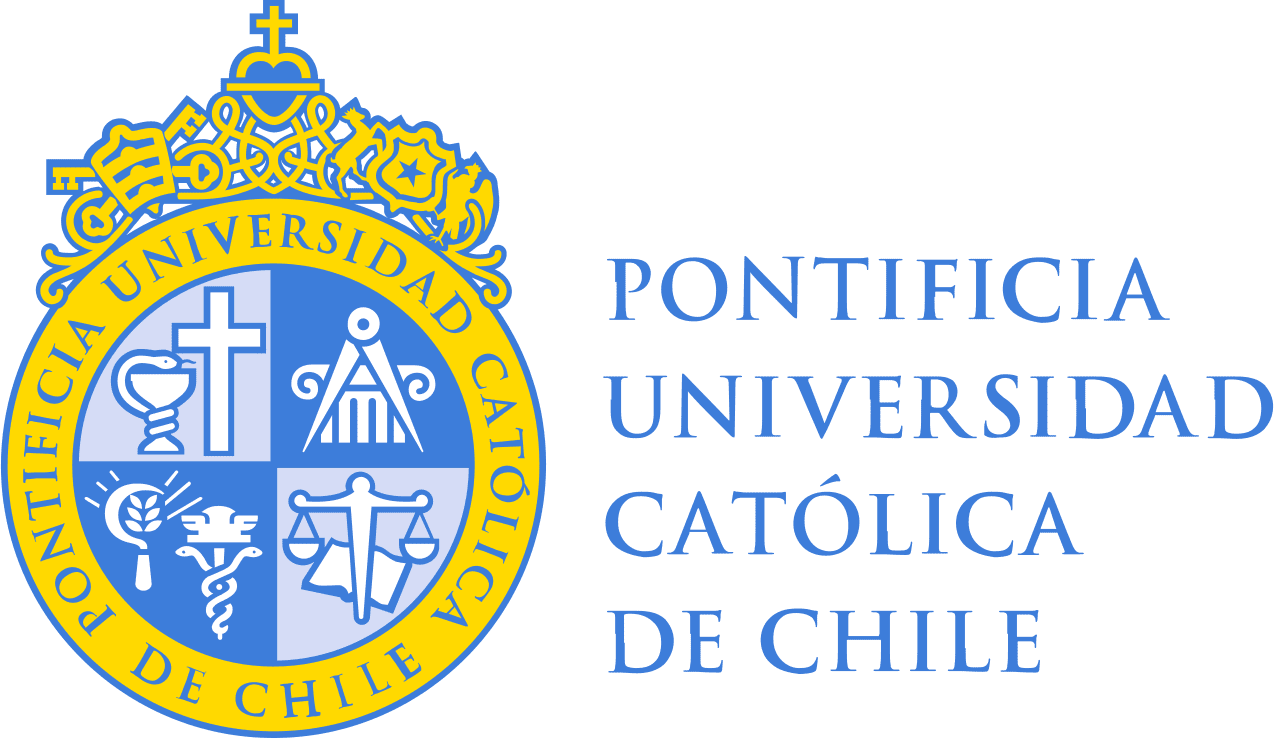





Our Mission
Our Mission
Advance an integrated multi-partner approach to conservation and to people-centred development. The Gorongosa Project protects the Park’s biodiversity and ecosystem services and unlocks its economic potential for the community inhabitants of the Gorongosa Buffer Zone, Sofala Province, Mozambique and further afield.
Our Vision
A thriving, biodiversity-rich, Greater Gorongosa conservation landscape, which supports Sofala Province as an engine for resilient and sustainable development enabling nature experiences and wellbeing for its people, enriching all of Mozambique and the world.
A Park for Peace
On 1 August, 2019 a historic ceremony was held in Gorongosa to celebrate the Cessation of Hostilities Accord between the leaders of the Government of Mozambique and the opposition Renamo Party. The accord established Gorongosa National Park (GNP) as a ‘Park for Peace’, delivering human development to the communities that share the greater landscape.
Ethics and Compliance
The Ethics and Compliance e-mail is a reporting mechanism that facilitates reporting of possible illegal, unethical, or improper conduct from staff, suppliers and stakeholders. The e-mail is Ethics@gorongosa.net
Learn More
The Gorongosa Project – Generating prosperity and protecting biodiversity across 3 million hectares of Africa’s Great Rift Valley
